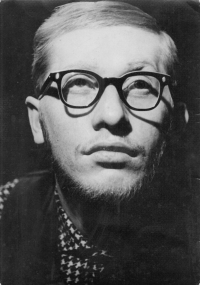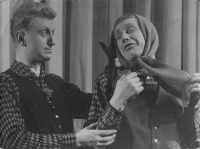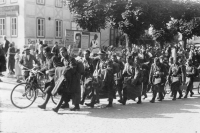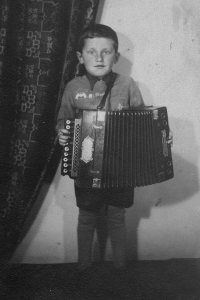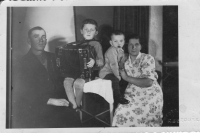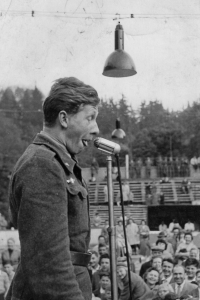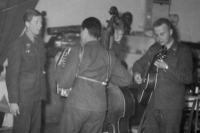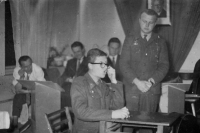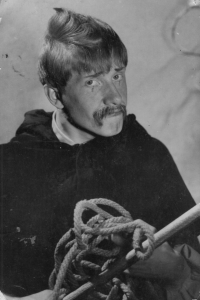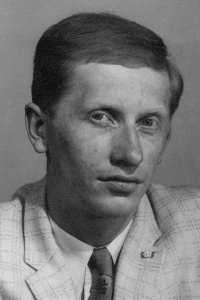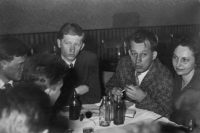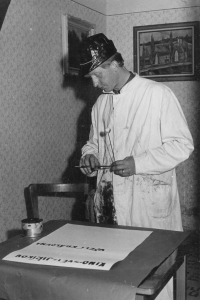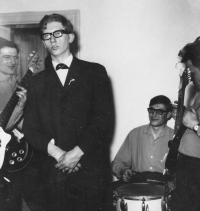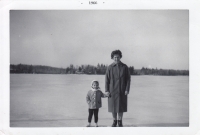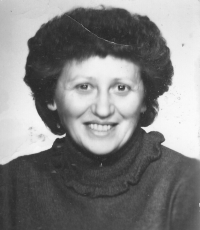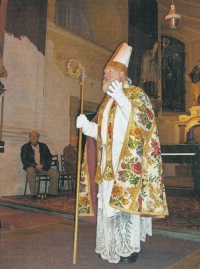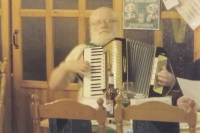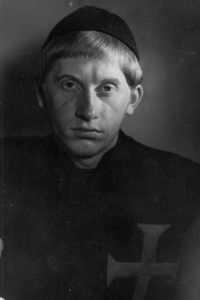A letter from my uncle in exile ruined my hopes of studying art

Stáhnout obrázek
Josef Eder was born on 31 January 1940 in Německý Brod (today Havlíčkův Brod) as the third of five children. His parents - along with more than a million other people - heard the call to settle the borderlands, which remained almost half empty after the expulsion of the German population. Josef Eder thus entered the first class in the North Bohemian town of Rumburk. His father worked as a coachman in the local brewery, his mother stayed at home with the children. From a very early age, he gravitated towards music and showed an extraordinary talent for comedy. His parents joined the Communist Party, but because of their opposition to the execution of Milada Horáková, his father was expelled from the party. His chances of studying at the Janáček Academy of Performing Arts (JAMU) were ruined by his mother‘s confession of written contacts with a cousin who had emigrated to Canada. Josef Eder had to apprentice himself as a milling cutter and at the same time he began his studies at the evening technical school. But his love of culture was stronger than his craft, and he became a member of several theatre groups and musical ensembles, a presenter, and successfully auditioned for the Czechoslovak circuses and variety shows in Prague. However, he did not eventually go on a tour with the circus troupes as a clown, but was lured back to the borderlands by the promise of a job as head of the United Company Clubs of the ROH. In 1965 he became head of the Svět (World) cinema in Jiříkov, and in 1968 he served as a member of the local national committee. However, he was involved in the efforts to return the statue of T. G. Masaryk to Jiříkov Square and lost his position as a deputy, in addition, he was fired from the Bytex company because of his opposition to the occupation of Czechoslovakia in August 1968. He and his wife had three children, his first-born son tragically died at the age of seven. In 1989 he worked as a spokesman for the Civic Forum in Jiříkov. Before retiring, he worked as head of the administrative department of the Rumburk Municipality. Even in his retirement, he devoted himself to culture, holding the position of editor of the town newspaper or chronicler of the local fire brigade. In 2023 Josef Eder was livinf´g in Jiříkov. We were able to record the witness´s story thanks to support from the town of Jiříkov.

